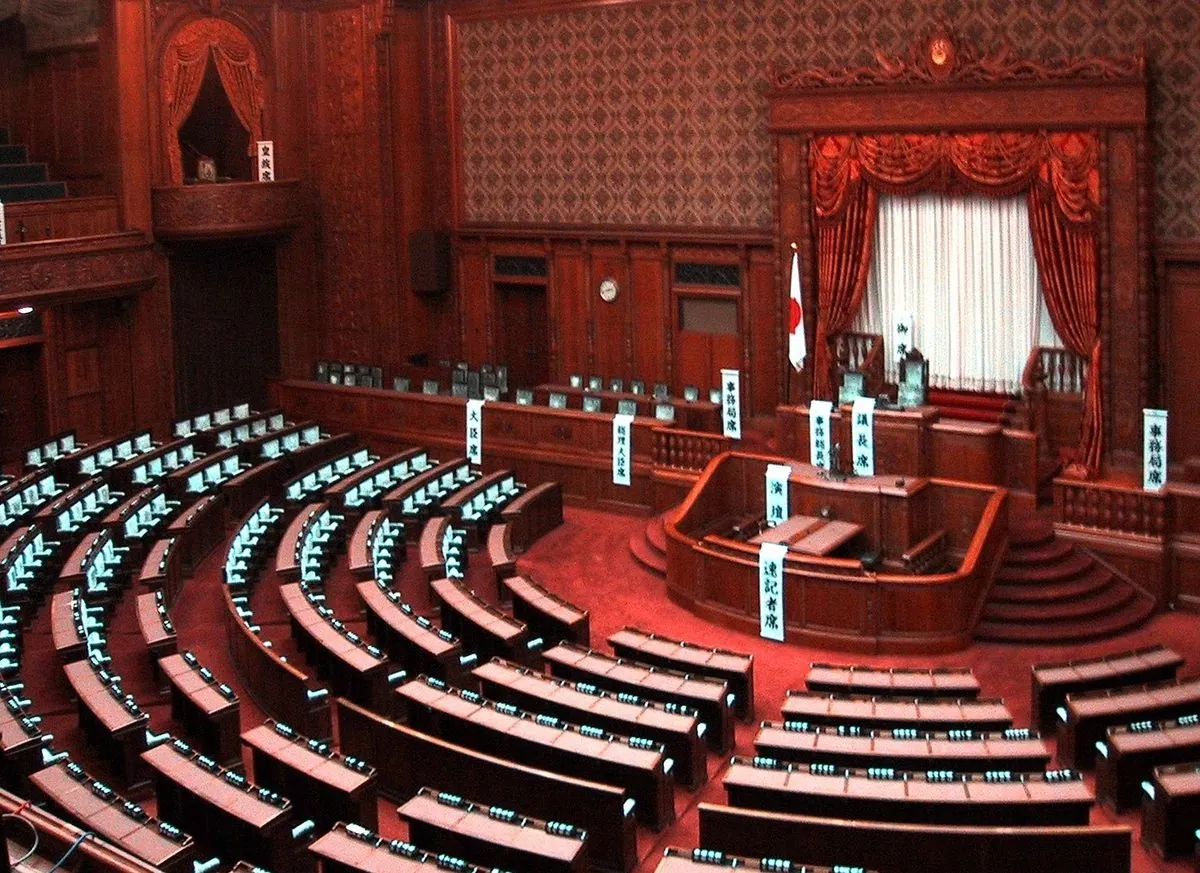Japan's Leadership Race Reignites Investment Tax Debate
Japan's ruling party leadership contest has revived discussions on raising investment income taxes. Candidates express divergent views as the nation grapples with economic challenges and wealth disparity.

The upcoming leadership race for Japan's ruling Liberal Democratic Party (LDP) has reignited a contentious debate over the country's investment income taxation. This discussion comes as Japan, the world's third-largest economy, seeks to address wealth disparities and boost government revenue.
Currently, Japan employs a flat 20% tax rate on investment income, including capital gains from stocks and property, as well as dividends and interest payments. This rate is significantly lower than the progressive tax rates on salaries, which can reach up to 45%. The system, designed to encourage investment, has been criticized for benefiting high-income earners who tend to derive more income from investments.
Fumio Kishida, the outgoing Prime Minister who is stepping down this month after a three-year tenure, initially proposed raising the investment tax rate when he took office in 2021. However, he later abandoned the plan due to criticism from investors and concerns about potential market impacts. Kishida's "new capitalism" agenda subsequently shifted focus to encouraging the conversion of dormant household savings into investments, partly as a hedge against rising inflation.

The LDP is set to elect a new leader on September 27, 2024, who will become Japan's next prime minister. Among the candidates, Shigeru Ishiba, the former defense minister, has expressed support for increasing taxation on investment income, particularly for wealthy individuals. This stance has prompted other candidates to voice their opinions, with Taro Kono, Shinjiro Koizumi, and Takayuki Kobayashi opposing the idea, arguing it would contradict efforts to promote investment.
Japan faces unique economic challenges, including:
- An aging population and low birth rate
- A high public debt-to-GDP ratio, exceeding 200%
- Decades of low inflation or deflation
- A declining household savings rate
The government has been trying to encourage a shift from savings to investments through initiatives like the NISA (Nippon Individual Savings Account) tax-free stock investment program. Approximately half of Japan's 2,000 trillion yen ($14 trillion) in household financial assets are currently held in cash or bank deposits.
Any proposed changes to the investment tax system would need to be deliberated by the ruling party's tax panel towards the end of 2024. The junior coalition partner, Komeito, has also expressed reservations about potential tax increases.
"We should consider increasing taxation on investment income, but only for the wealthy."
As Japan continues to grapple with economic stagnation and the lingering effects of the "lost decades" following the asset price bubble's collapse in the early 1990s, the outcome of this debate could have significant implications for the country's economic future and wealth distribution.


































